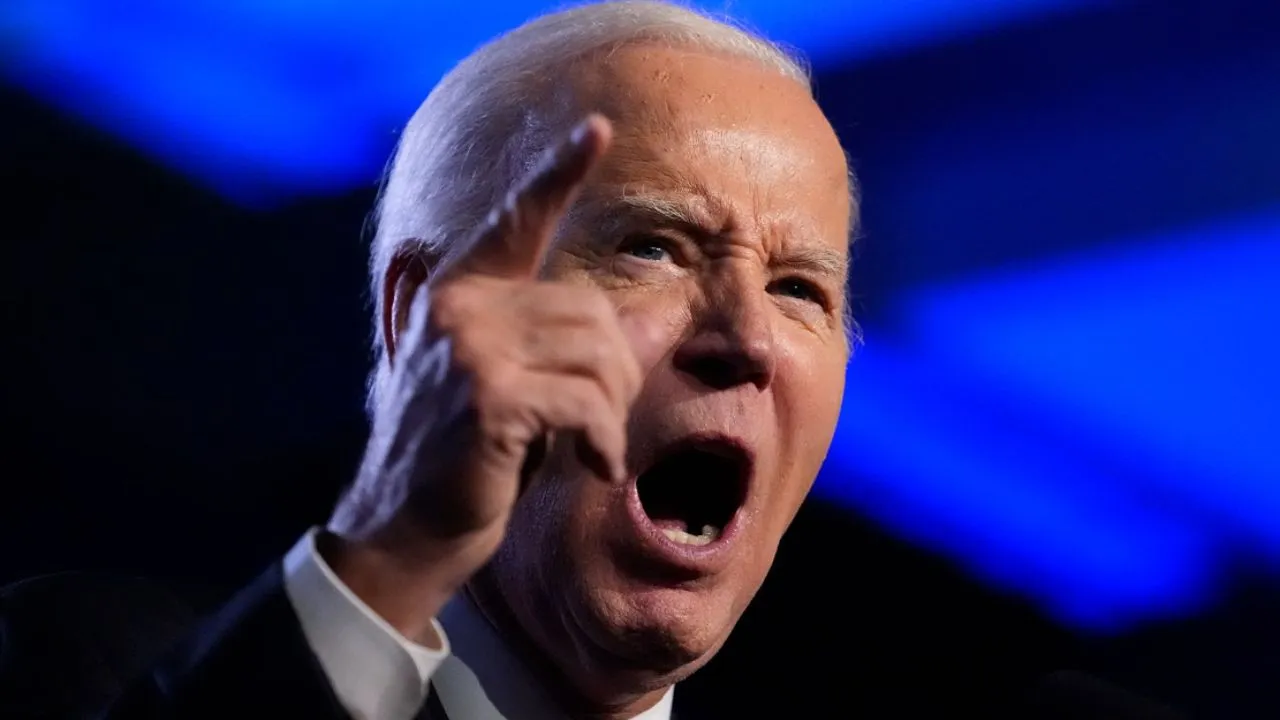Explore the political pressure on President Biden after the Iran-backed attack in Jordan. U.S. faces dilemma in responding to the killing of troops. Experts weigh options for a strategic and measured retaliation against Iran. The delicate balance in navigating geopolitical complexities to ensure regional security
The recent drone attack by Iran-backed militants that resulted in the death of three U.S. troops and left dozens injured is placing significant political pressure on President Joe Biden. The incident has ignited debates on the appropriate U.S. response, with experts suggesting various options.
Despite facing over 150 attacks by Iran-backed forces since the Israel-Hamas conflict erupted, Sunday’s strike at Tower 22 near Jordan’s border marked a critical turning point. President Biden, who had been cautious to avoid direct confrontation with Iran, now faces a dilemma regarding the nature of the response.
Options on the table range from targeting Iranian forces, both inside and outside Iran, to a more measured retaliatory strike against the specific militants responsible for the attack. The political space for retaliation existed due to the absence of prior incidents resulting in U.S. casualties, allowing for a more calculated response.
Republicans are urging a decisive military response against Iran, accusing Biden of leaving U.S. troops vulnerable. Senator Tom Cotton emphasized the need for “devastating military retaliation against Iran’s terrorist forces.” Representative Mike Rogers echoed these sentiments, calling for accountability against the Iranian regime.
Former President Donald Trump seized the opportunity to criticize Biden’s perceived weakness, framing the attack as a consequence of a lack of strength and surrender. Democrats expressed concern over the regional escalation of the Israel-Hamas conflict, with Representative Barbara Lee calling for a ceasefire.
However, caution is urged against oversimplified solutions. Experts warn that direct strikes against Iranian forces inside the country could escalate tensions and potentially lead to a major conflict. Striking Iran might prompt forceful retaliation and raise questions about Tehran’s regime survival.
Despite calls for decisive action, the Biden administration remains circumspect about the potential consequences of a direct military confrontation with Iran. The complexity of the situation demands a strategic and careful response to prevent further escalation in the already volatile Middle East.
As discussions unfold on the appropriate course of action, the international community watches closely, recognizing the delicate balance needed to address the incident without plunging into a broader conflict. The path forward for the United States involves navigating geopolitical complexities while ensuring the safety and security of its forces in the region.
More from Wisdom Imbibe:

